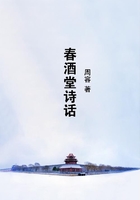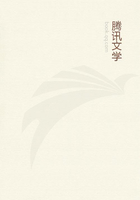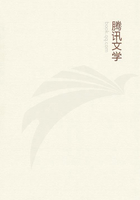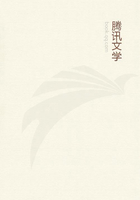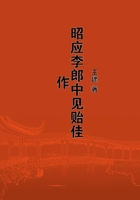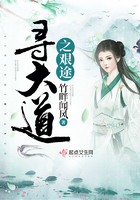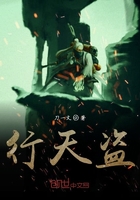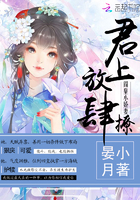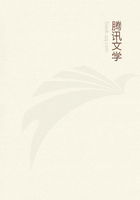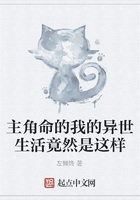There was, indeed, scarcely anything in common between the England to which John had been chased by Philip Augustus, and the England from which the armies of Edward the Third went forth to conquer France.
A period of more than a hundred years followed, during which the chief object of the English was to establish, by force of arms, a great empire on the Continent. The claim of Edward to the inheritance occupied by the House of Valois was a claim in which it might seem that his subjects were little interested. But the passion for conquest spread fast from the prince to the people.
The war differed widely from the wars which the Plantagenets of the twelfth century had waged against the descendants of Hugh Capet. For the success of Henry the Second, or of Richard the First, would have made England a province of France. The effect of the successes of Edward the Third and Henry the Fifth was to make France, for a time, a province of England. The disdain with which, in the twelfth century, the conquerors from the Continent had regarded the islanders, was now retorted by the islanders on the people of the Continent. Every yeoman from Kent to Northumberland valued himself as one of a race born for victory and dominion, and looked down with scorn on the nation before which his ancestors had trembled. Even those knights of Gascony and Guienne who had fought gallantly under the Black Prince were regarded by the English as men of an inferior breed, and were contemptuously excluded from honourable and lucrative commands.
In no long time our ancestors altogether lost sight of the original ground of quarrel. They began to consider the crown of France as a mere appendage to the crown of England; and, when in violation of the ordinary law of succession, they transferred the crown of England to the House of Lancaster, they seem to have thought that the right of Richard the Second to the crown of France passed, as of course, to that house. The zeal and vigour which they displayed present a remarkable contrast to the torpor of the French, who were far more deeply interested in the event of the struggle. The most splendid victories recorded in the history of the middle ages were gained at this time, against great odds, by the English armies. Victories indeed they were of which a nation may justly be proud; for they are to be attributed to the moral superiority of the victors, a superiority which was most striking in the lowest ranks. The knights of England found worthy rivals in the knights of France. Chandos encountered an equal foe in Du Guesclin. But France had no infantry that dared to face the English bows and bills. A French King was brought prisoner to London. An English King was crowned at Paris. The banner of St. George was carried far beyond the Pyrenees and the Alps. On the south of the Ebro the English won a great battle, which for a time decided the fate of Leon and Castile; and the English Companies obtained a terrible preeminence among the bands of warriors who let out their weapons for hire to the princes and commonwealths of Italy.
Nor were the arts of peace neglected by our fathers during that stirring period. While France was wasted by war, till she at length found in her own desolation a miserable defence against invaders, the English gathered in their harvests, adorned their cities, pleaded, traded, and studied in security. Many of our noblest architectural monuments belong to that age. Then rose the fair chapels of New College and of Saint George, the nave of Winchester and the choir of York, the spire of Salisbury and the majestic towers of Lincoln. A copious and forcible language, formed by an infusion of French into German, was now the common property of the aristocracy and of the people. Nor was it long before genius began to apply that admirable machine to worthy purposes. While English warriors, leaving behind them the devastated provinces of France, entered Valladolid in triumph, and spread terror to the gates of Florence, English poets depicted in vivid tints all the wide variety of human manners and fortunes, and English thinkers aspired to know, or dared to doubt, where bigots had been content to wonder and to believe.
The same age which produced the Black Prince and Derby, Chandos and Hawkwood, produced also Geoffrey Chaucer and John Wycliffe.
In so splendid and imperial a manner did the English people, properly so called, first take place among the nations of the world. Yet while we contemplate with pleasure the high and commanding qualities which our forefathers displayed, we cannot but admit that the end which they pursued was an end condemned both by humanity and by enlightened policy, and that the reverses which compelled them, after a long and bloody struggle, to relinquish the hope of establishing a great continental empire, were really blessings in the guise of disasters. The spirit of the French was at last aroused: they began to oppose a vigorous national resistance to the foreign conquerors; and from that time the skill of the English captains and the courage of the English soldiers were, happily for mankind, exerted in vain. After many desperate struggles, and with many bitter regrets, our ancestors gave up the contest. Since that age no British government has ever seriously and steadily pursued the design of making great conquests on the Continent. The people, indeed, continued to cherish with pride the recollection of Cressy, of Poitiers, and of Agincourt. Even after the lapse of many years it was easy to fire their blood and to draw forth their subsidies by promising them an expedition for the conquest of France. But happily the energies of our country have been directed to better objects; and she now occupies in the history of mankind a place far more glorious than if she had, as at one time seemed not improbable, acquired by the sword an ascendancy similar to that which formerly belonged to the Roman republic.

